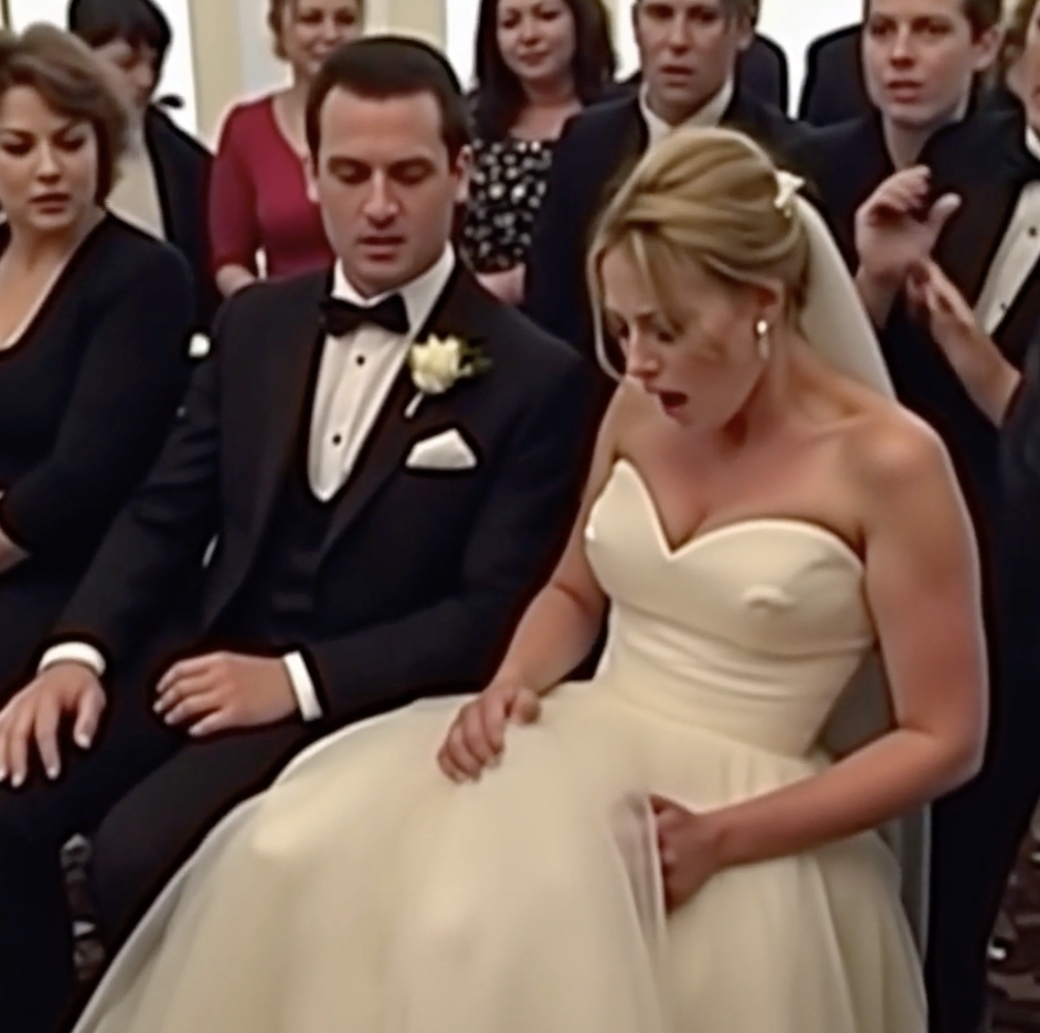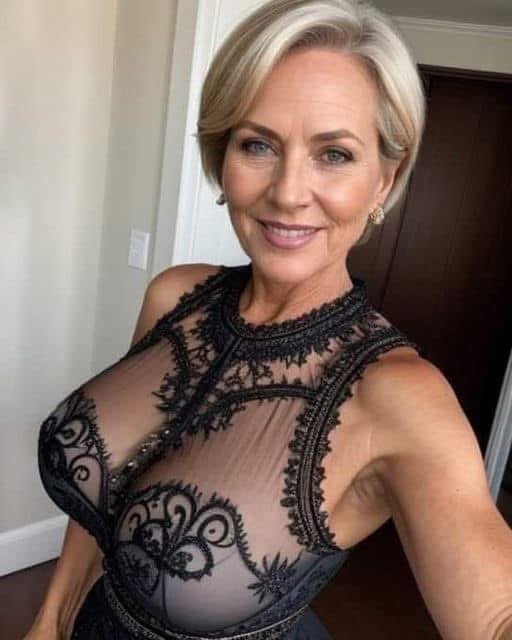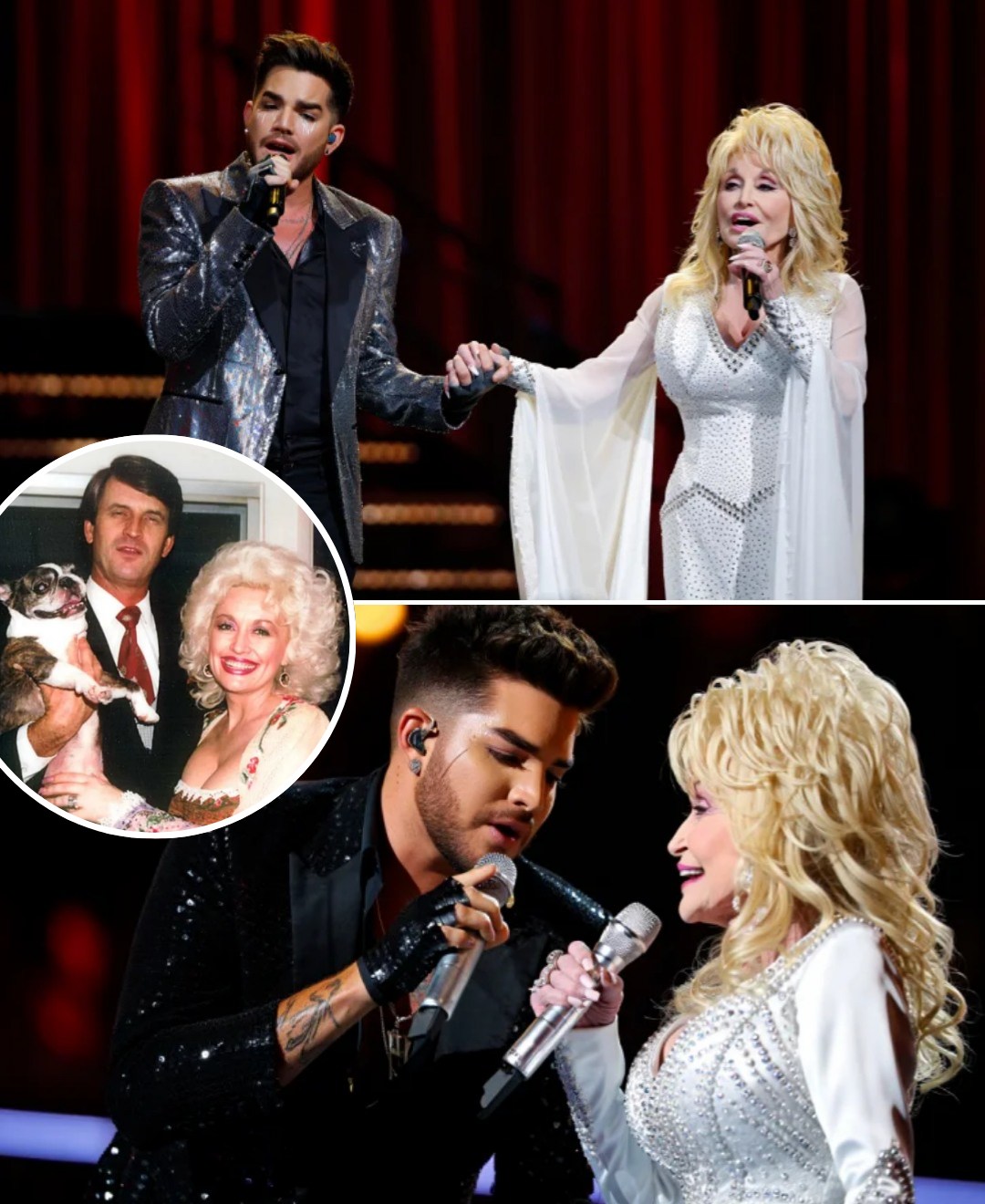The grocery store buzzed with the usual sounds of daily life. Shopping carts rolled, children tugged at their parents, and employees quietly replenished the aisles. It was a typical afternoon in a calm Ohio neighborhood—a place where most believed they knew their neighbors.
But in the produce aisle, the peaceful routine shattered.
An elderly woman, dressed neatly in a cardigan with silver hair pinned back, scowled impatiently at the apples. Nearby, Darrell, a tall young Black man wearing a blue hoodie, reached for a bag of oranges. His other hand held his phone, tapping casually.
When the woman noticed him, her expression hardened. Her eyes narrowed, and her lips pressed into a thin line. Then, cutting through the hum of the store, she said:
“You people don’t belong here.”
Darrell froze. The words hit like a punch. Before he could respond, she added:
“Why don’t you just go back to Africa where you came from?”
The atmosphere thickened. Shoppers paused mid-step. Some exchanged shocked looks, others stared down, hoping silence would protect them. The lively chatter of the produce aisle fell into stunned stillness.
Darrell met her gaze, his face calm. He could have shouted or walked away, but instead, he took a deep breath and stood tall. When he spoke, his tone was steady, measured—and impossible to ignore.
“Ma’am,” he said, “do you really understand what you just said?”
The woman squared her shoulders, voice sharp. “I said what I meant. This is my country. People like you don’t belong here.”
Gasps echoed around them. But Darrell stood firm. Setting his basket down, he fixed her with a steady, resolute look—not angry, but filled with quiet strength.
“You say I don’t belong here,” he began, “so let me tell you where I come from.”
Then he shared his story.
He spoke of his great-great-grandfather, born in Mississippi, forced into grueling sharecropping labor. Of the ancestor before him, kidnapped from Africa, enslaved, beaten—helping build the very land this woman claimed.
He spoke of his grandfather, who served in World War II, risking everything for a nation that refused him basic respect when he returned. Of his parents—his mother, a teacher dedicated to educating children of all backgrounds, and his father, a mechanic who always stopped to help anyone in need.
“So tell me,” Darrell said, his voice ringing through the store, “how is it that I don’t belong here? My family’s sweat, blood, and tears built this country. I am as much a part of it as you are—if not more.”
The woman’s face flushed, hands trembling on the apples she held. She tried to speak, but no words came. Around them, silence shifted. A man near the dairy aisle muttered, “He’s right.” An older woman whispered, “My father fought in that war too.” A young cashier called out, “Thank you for saying what needed to be said.”
Applause broke out, quiet at first, then growing. The crowd clapped—not for conflict, but for Darrell’s dignity and bravery in meeting hatred with truth.
The elderly woman pushed her cart away, eyes downcast, the fire in her gaze gone. She didn’t apologize—but something inside her had changed.
Darrell picked up his basket again, offering a small, gentle smile. “Sometimes,” he said softly, “grace is the only way to break through.”
That evening, sharing the story with his father, the older man nodded slowly. “You planted a seed,” he said. “That’s all anyone can do. Plant the seed, and hope it grows.”
Meanwhile, across town, the elderly woman sat alone at her dinner table, Darrell’s words echoing in her mind. For the first time in a long while, doubt crept in.
The world might not transform in a single grocery aisle. But that moment—before a crowd of witnesses proved that courage spoken with calm and truth can silence hate and plant the beginnings of change.




